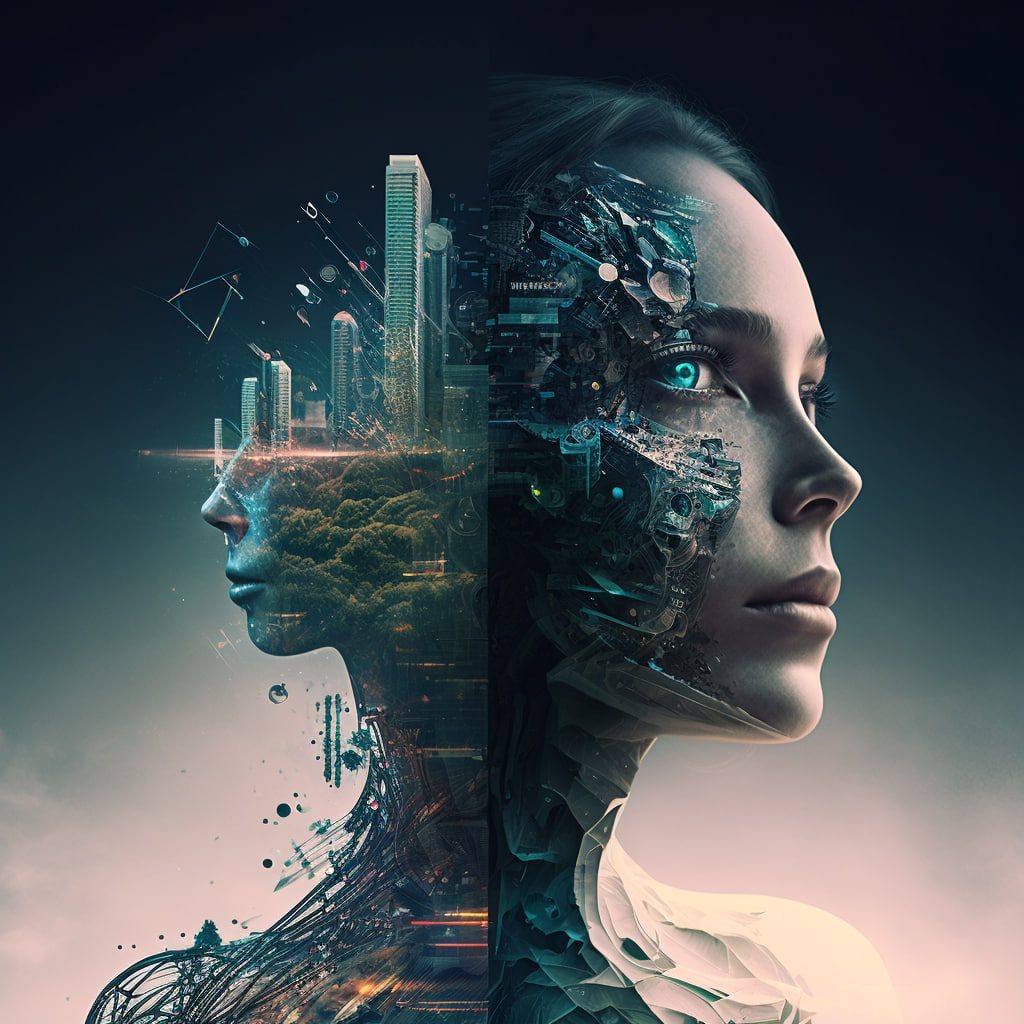Emerging technologies such as blockchain, virtual reality, and the Internet of Things (IoT) are reshaping industries by improving transparency, security, and efficiency. Blockchain is revolutionizing finance, supply chain management, and healthcare by streamlining transactions, improving traceability, and securing patient data. Virtual reality is enhancing user experiences in gaming, entertainment, healthcare, and education by immersing users in interactive digital environments. IoT is revolutionizing manufacturing, energy, and transportation industries by improving efficiency, tracking energy consumption, and enhancing fleet management. Embracing these technologies will position companies for success in a competitive digital world as they continue to evolve and mature.
Understanding the Impact of Blockchain, Virtual Reality, and IoT
Introduction
As technology continues to advance at a rapid pace, industries across the board are being disrupted by emerging technologies such as blockchain, virtual reality, and the Internet of Things (IoT). These technologies are not only reshaping the ways in which businesses operate but also creating new opportunities for innovation and growth.
Blockchain
Blockchain technology, most commonly associated with cryptocurrencies like Bitcoin, is a decentralized and transparent digital ledger that securely records transactions across a network of computers. This technology has the potential to revolutionize industries such as finance, supply chain management, healthcare, and more by improving transparency, security, and efficiency.
Impact on Industries
In the finance industry, blockchain is being used to streamline cross-border transactions, reduce costs, and prevent fraud. Supply chain management is benefiting from blockchain technology by improving traceability and ensuring the authenticity of products. Healthcare organizations are implementing blockchain to secure patient data and streamline processes such as billing and claims processing.
Virtual Reality
Virtual reality (VR) technology immerses users in a computer-generated environment, allowing them to interact with and experience a digital world as if it were real. VR has applications across industries such as gaming, entertainment, healthcare, education, and more.
Impact on Industries
In the gaming and entertainment industries, VR is enhancing user experiences by providing immersive and interactive content. Healthcare professionals are using VR to simulate medical procedures, train staff, and treat patients with phobias or PTSD. In education, VR is being used to create virtual field trips, interactive lessons, and training simulations.
Internet of Things (IoT)
The Internet of Things (IoT) refers to a network of interconnected devices that collect and exchange data over the internet. IoT devices can range from smart thermostats and wearable devices to industrial equipment and vehicles. This technology is revolutionizing industries such as manufacturing, energy, transportation, and more.
Impact on Industries
In manufacturing, IoT devices are improving efficiency by monitoring equipment, optimizing production processes, and reducing downtime. Energy companies are using IoT sensors to track energy consumption, optimize usage, and reduce waste. The transportation industry is benefiting from IoT technology by improving fleet management, enhancing driver safety, and optimizing routes.
Conclusion
As blockchain, virtual reality, and IoT technologies continue to evolve and mature, the impact on industries will only continue to grow. Companies that embrace these technologies and integrate them into their operations will be better positioned to succeed in an increasingly competitive and digital world.
